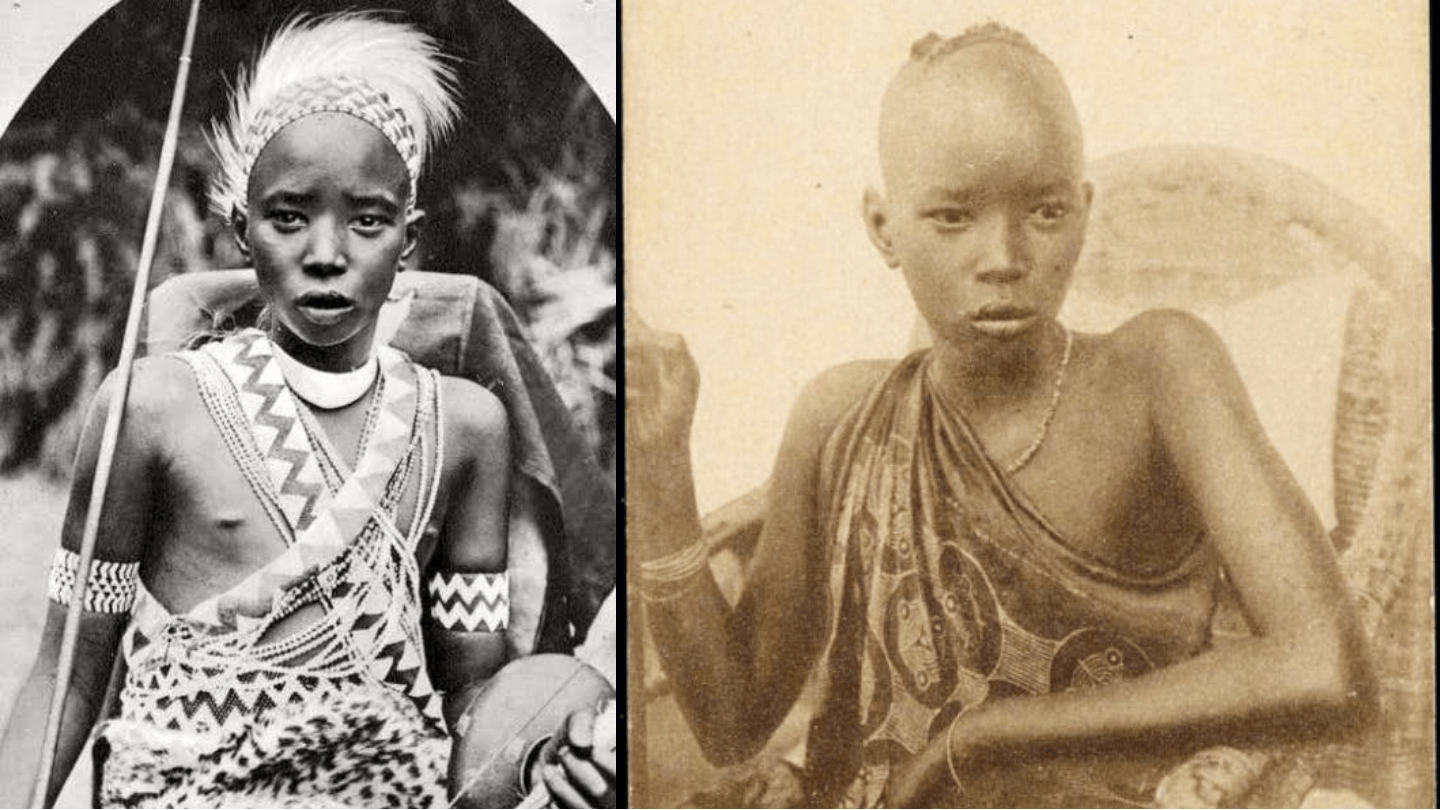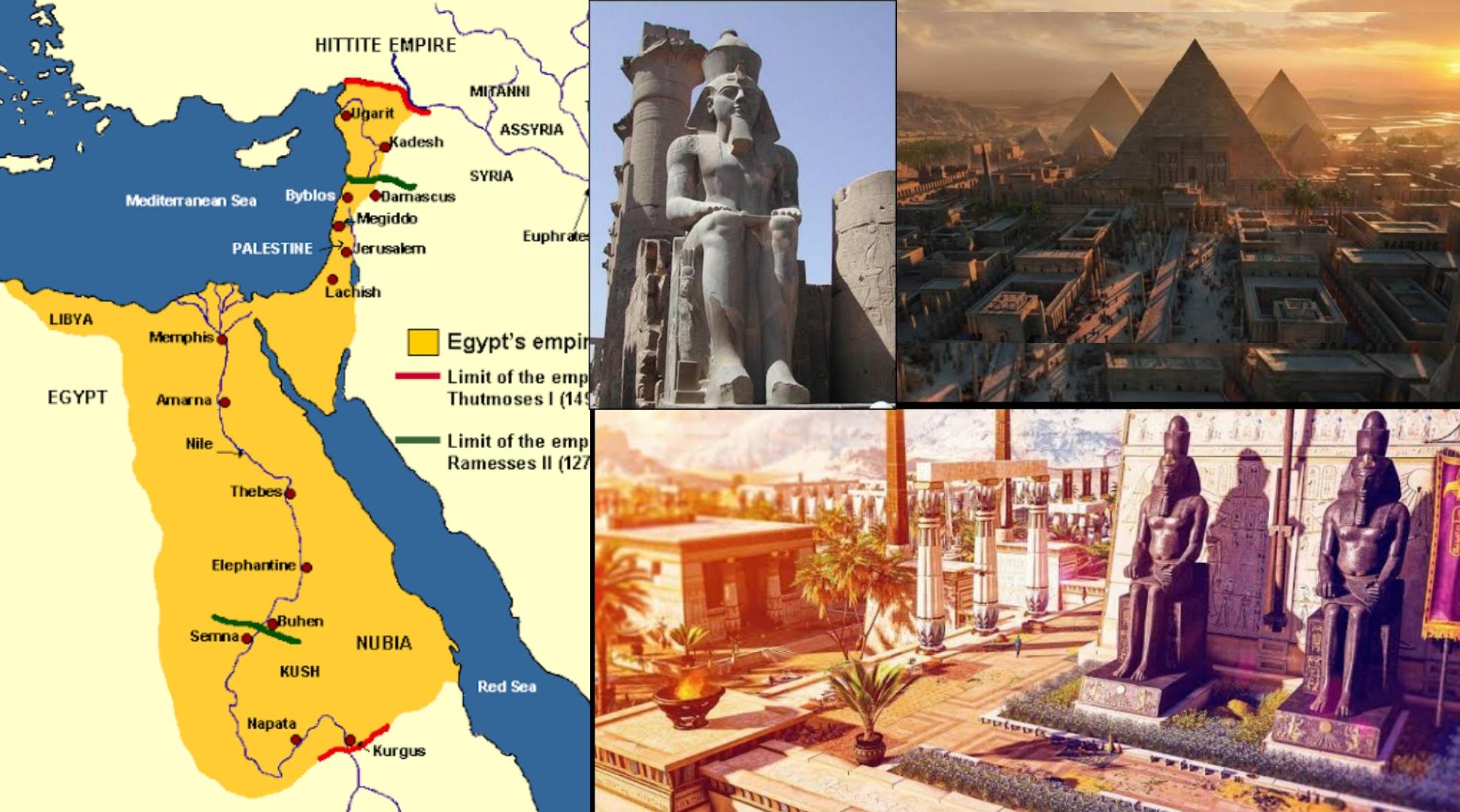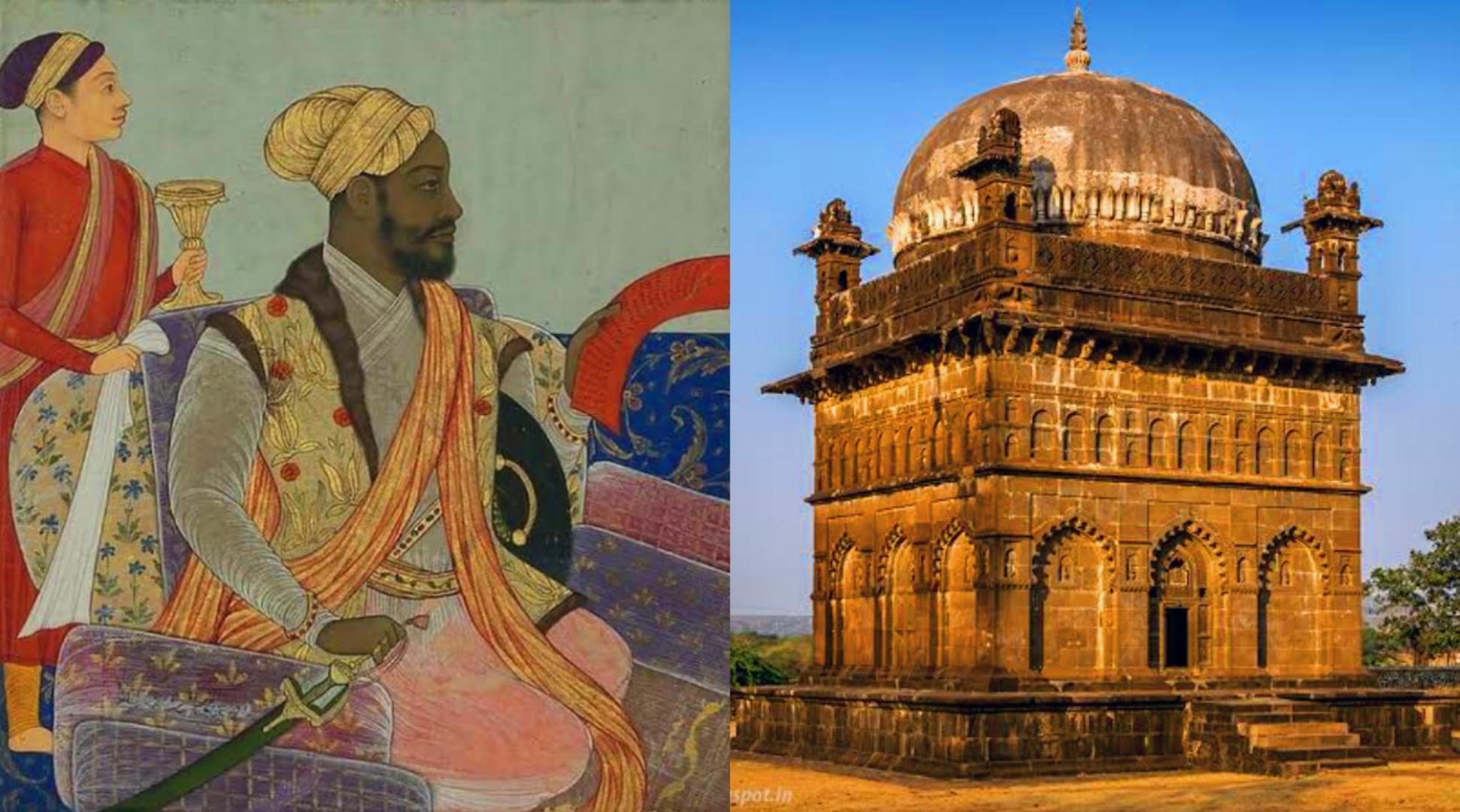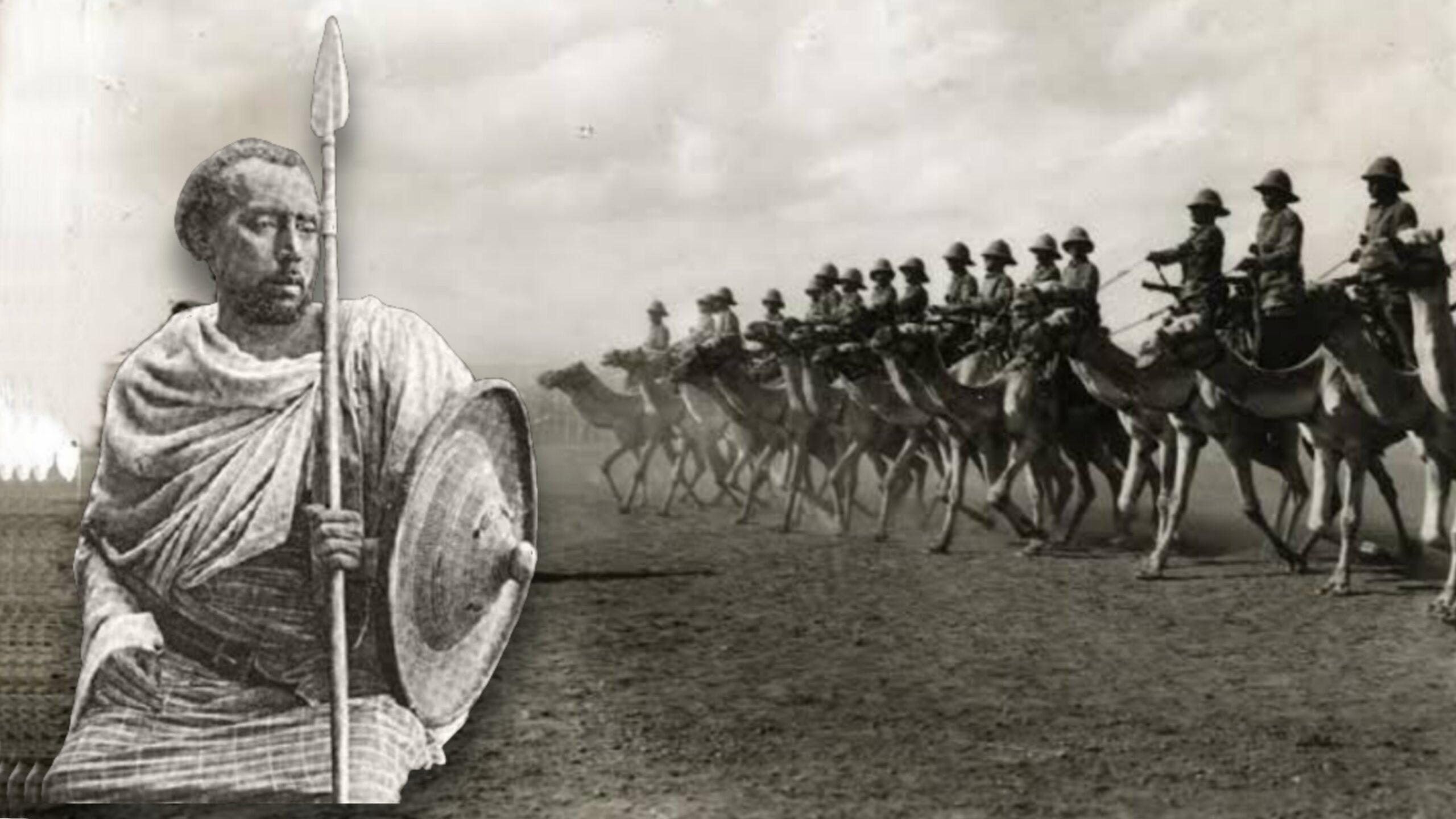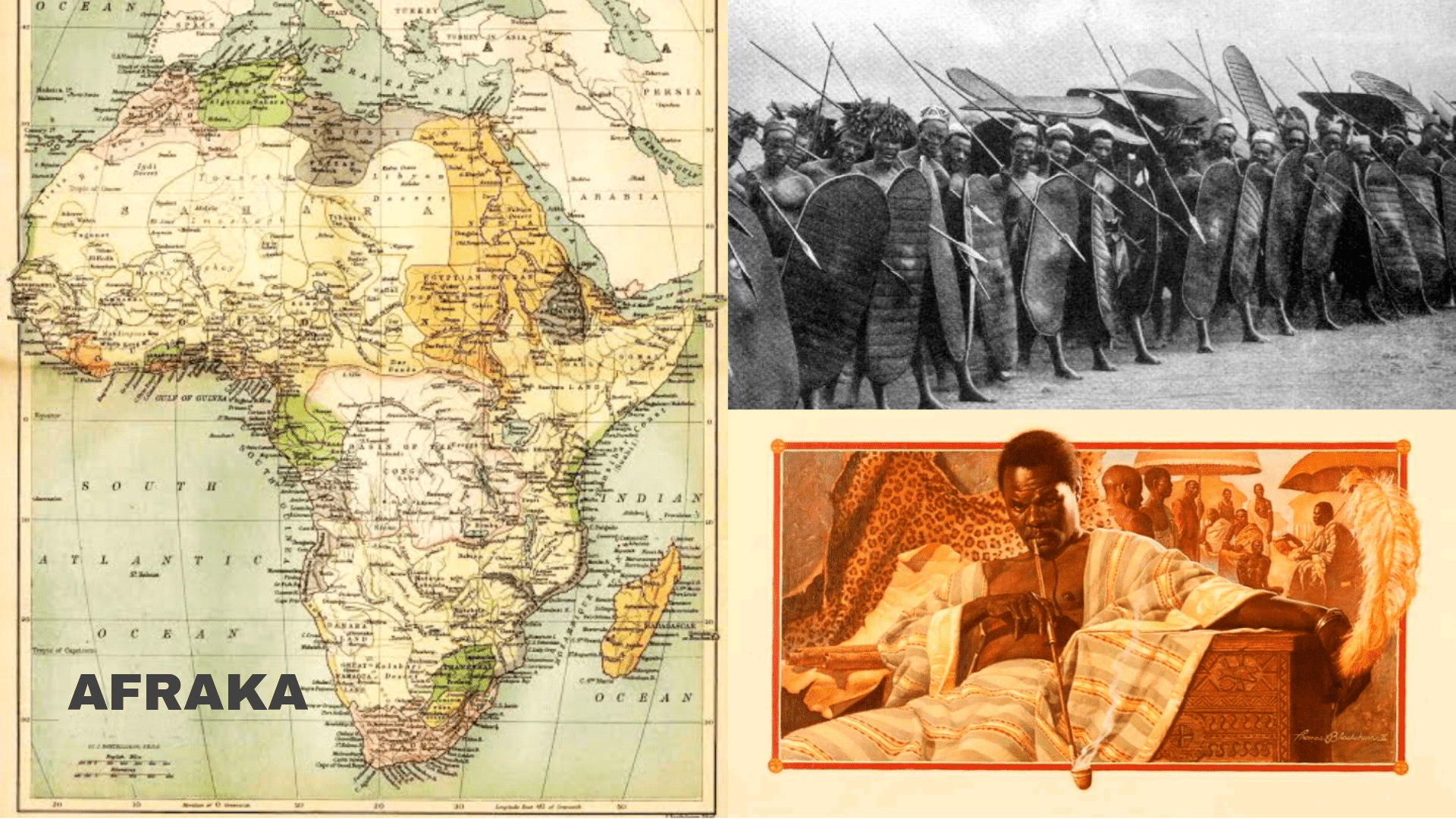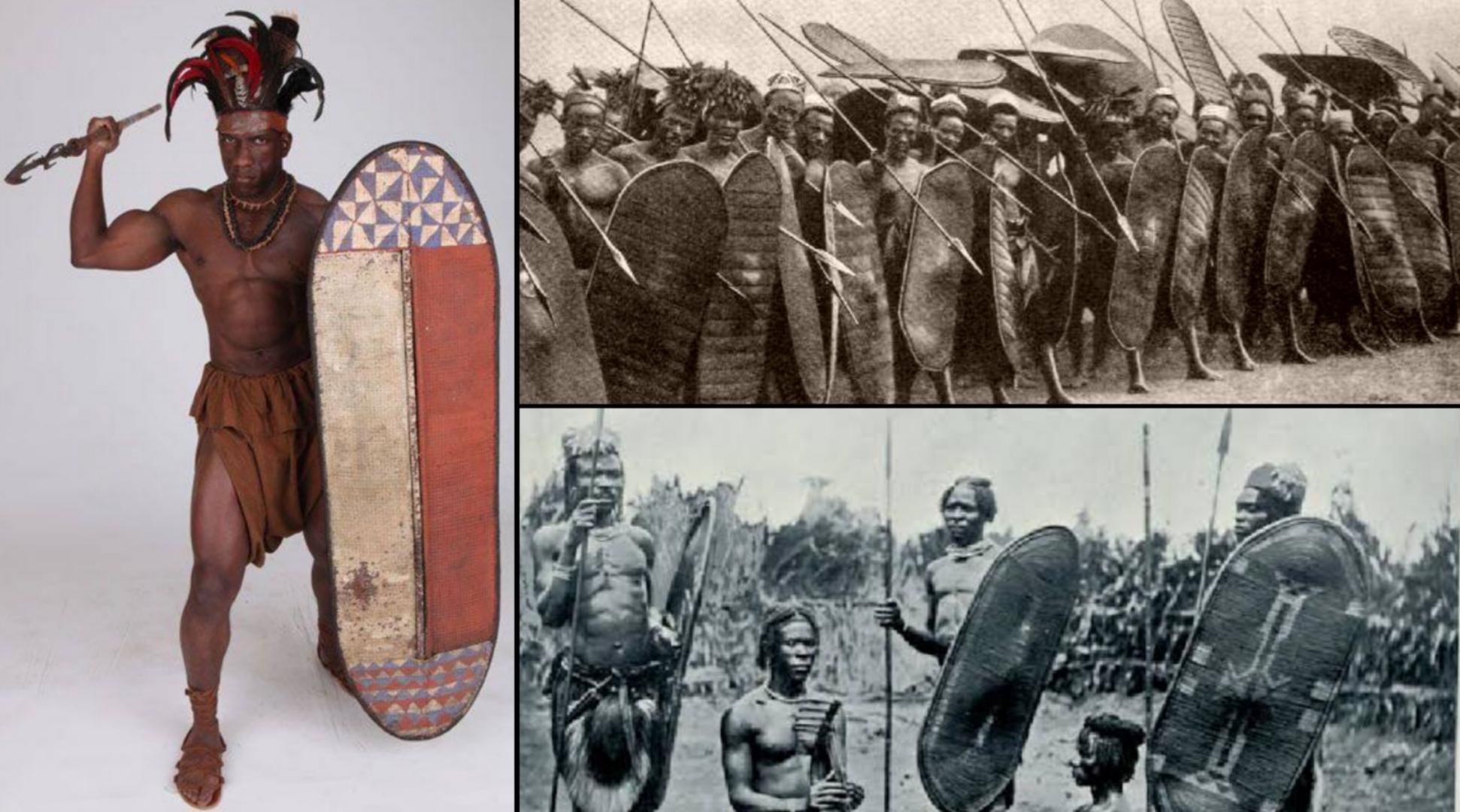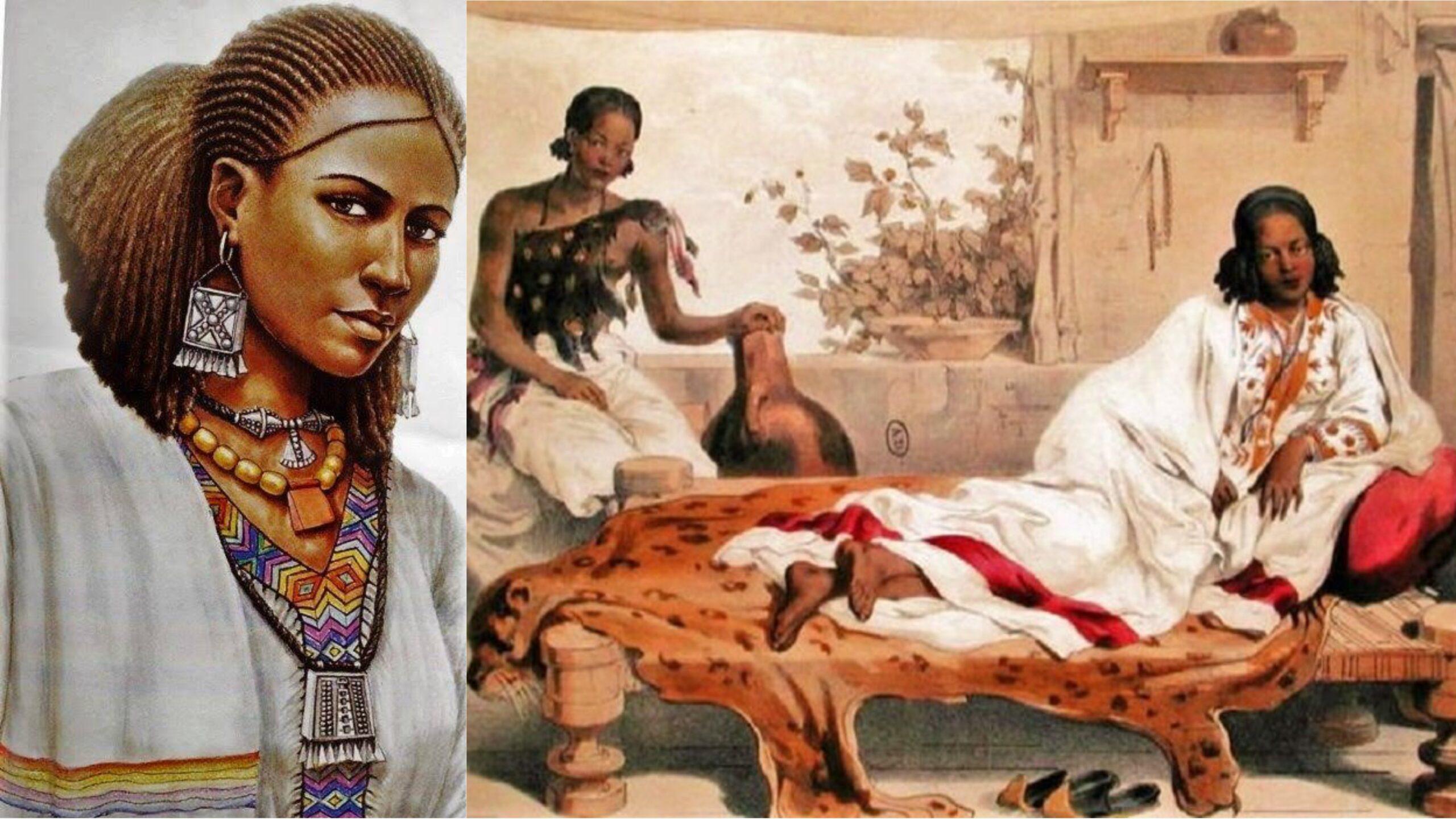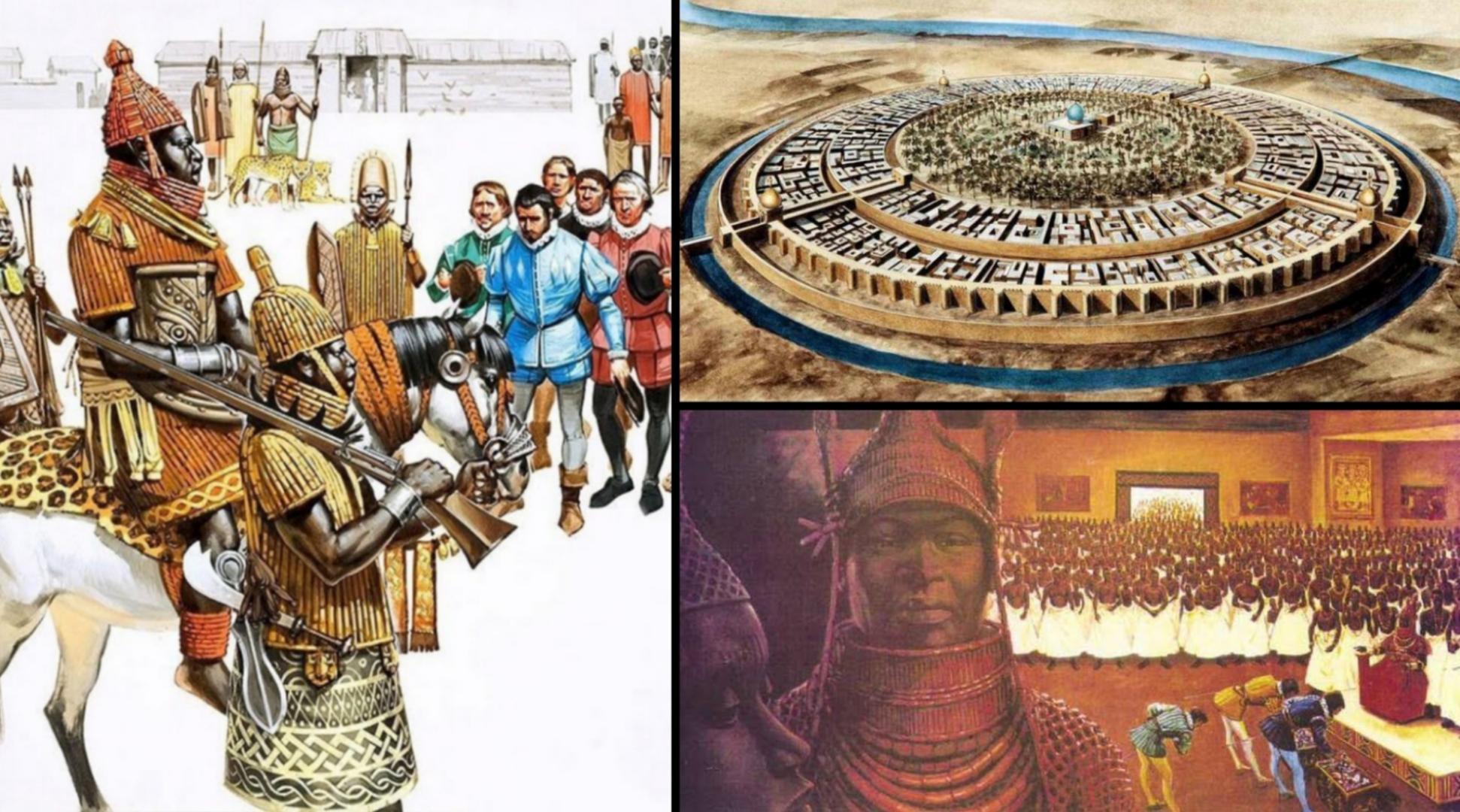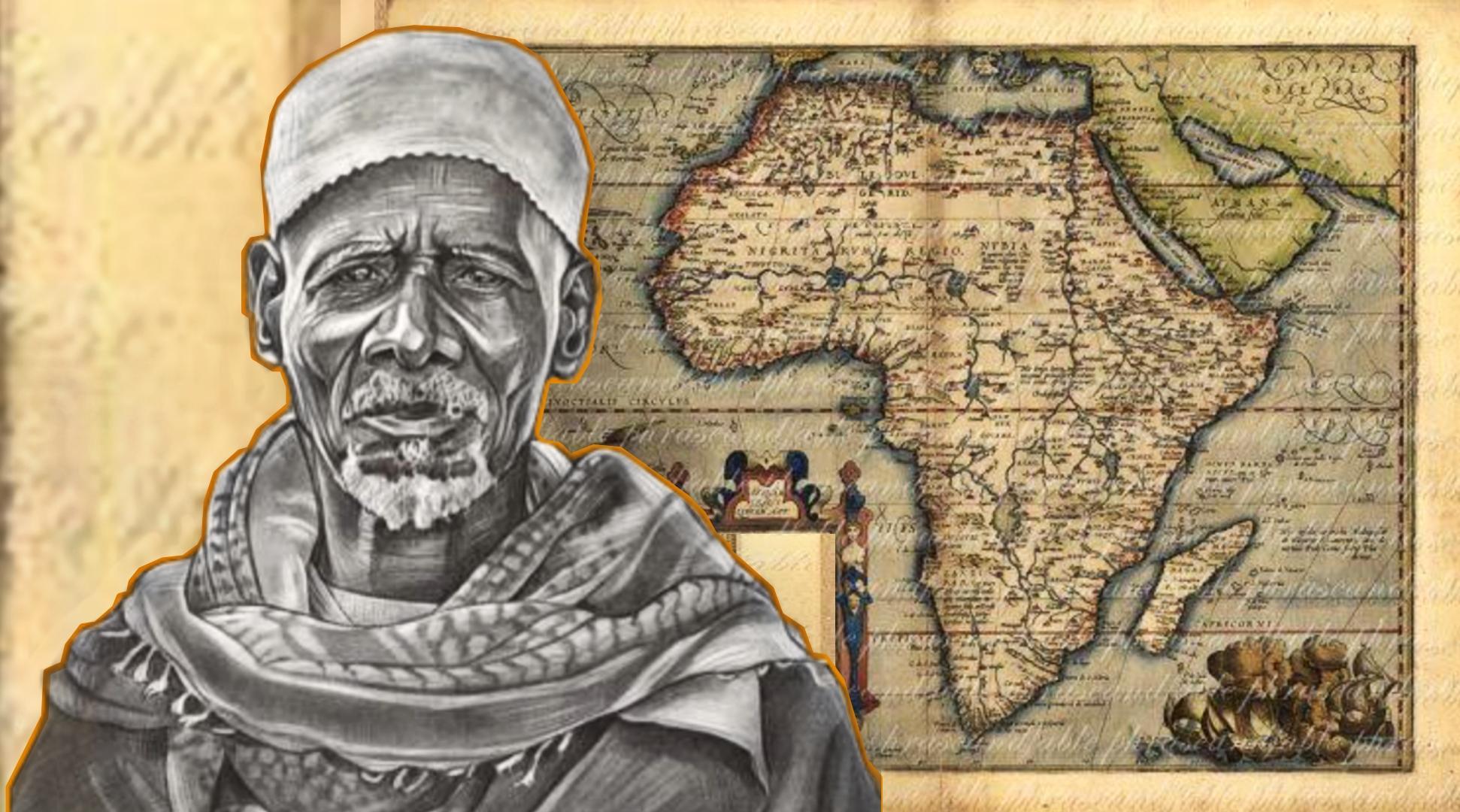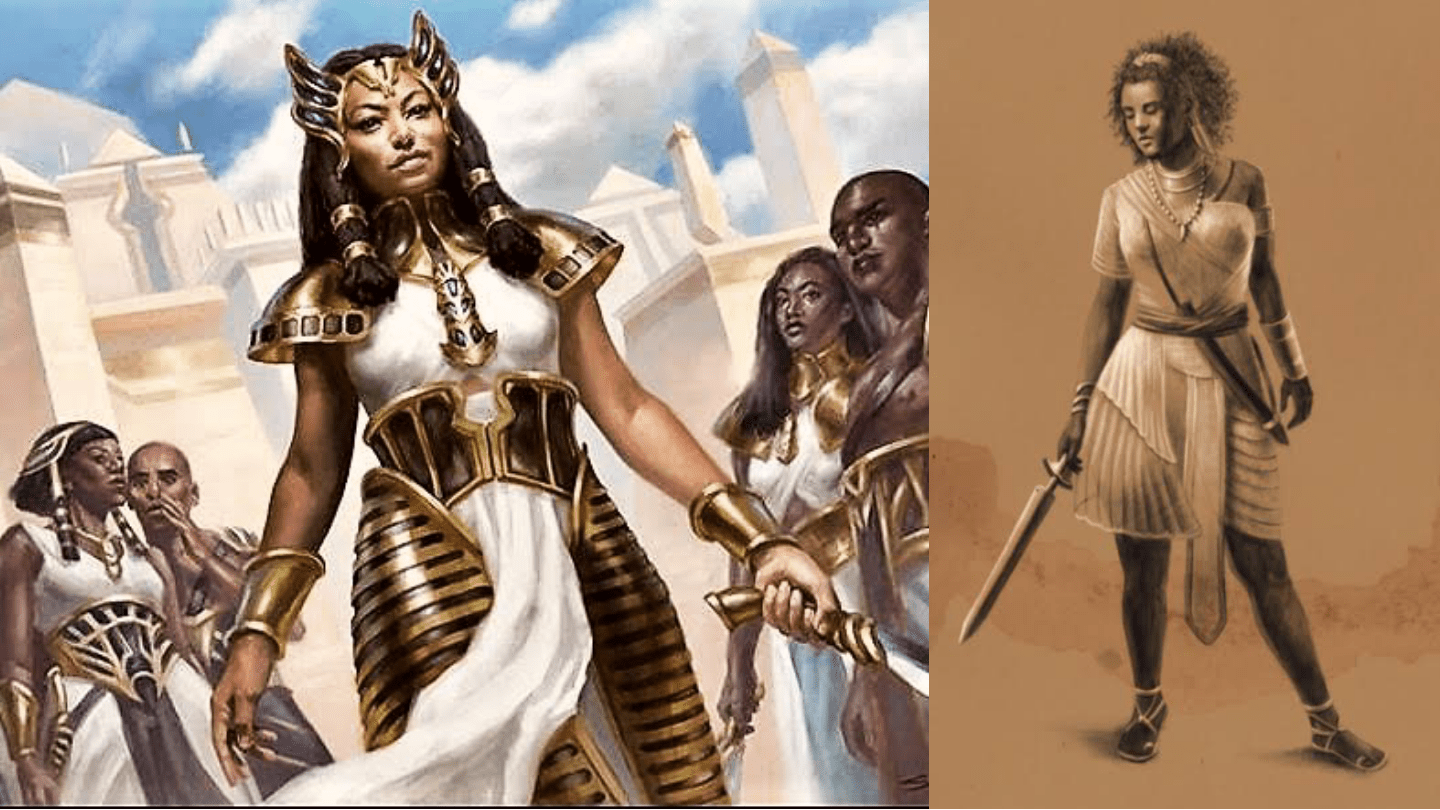Mwambutsa IV Bangiricenge (6 May 1912 – 26 March 1977) was the king (mwami) of Burundi from 1915 to 1966. He ascended to the throne following the death of his father, Mutaga IV Mbikije who reigned from 1908 to 1915. Mwambutsa was born while Burundi was under German colonial rule, and his reign mostly coincided with Belgian colonial rule (1916–62). …
Read More »TimeLine Layout
June, 2021
May, 2021
-
31 May
Egyptian Empire c. 1550 BC – c. 1077 BC
The New Kingdom, often known as the Egyptian Empire, was the time in ancient Egyptian history between the sixteenth and eleventh centuries BC, encompassing Egypt’s Eighteenth, Nineteenth, and Twentieth dynasties. Radiocarbon dating dates the start of the New Kingdom between 1570 and 1544 BC. The Second Intermediate Period was followed by the New Kingdom, which was followed by the Third …
Read More » -
31 May
Malik Ambar: African King who ruled India 1607 – 1627. Worshiped today in India
Malik Ambar (1548–13 May 1626) was a Siddi military leader and the prime minister of the Ahmadnagar Sultanate in India’s Deccan region. Malik was born in the Adal Sultunate, in present-day Ethiopia, and was sold as a child and brought to India as a slave. While in India, he created a mercenary force of up to 1500 men. His headquarters …
Read More » -
31 May
Xuseen Xassan: Somalian warroir who gave everything to save his people
Hussein Hasan (Somali: Xuseen Xassan) was a well-known Somali poet and warrior of the Eidagale Isaaq clan, renowned for his military superiority and fiery temper. Hussein belonged to the Eidagale’s Rer Guled branch and was the great grandson of the 1st Isaaq Sultan Guled Abdi. War within the Eidagale Tensions were high between the Rer Guled and another Eidagale subclan. …
Read More » -
29 May
The oldest name for continent Africa was ‘Afraka’ meaning ‘first-sun-soul’
Before today’s name ‘Africa’, our continent was called with different names by our forefathers. These names are explained below; Afrika: Similar to the native words, Kongo (Congo) and Akkra (Accra), it is reported that original Afrikan languages spelled Afrika with a “k.” After European colonialism, the letter “k” was substituted by the letter “c.” To further support this theory many look …
Read More » -
28 May
Azande: Warroir tribe that conquered parts of Central Africa Republic, DRC & South Sudan
The Azande (plural of “Zande” in the Zande language) are an ethnic group of North Central Africa. Zande are primarily found in the northeastern region of Democratic Republic of the Congo, south-central and southwestern regions of South Sudan, and the southeastern region of Central African Republic. The Congolese Azande inhabit in Orientale Province, specifically in the Isiro, Dungu, Kisangani, and Duruma areas near the …
Read More » -
8 May
How Queen Gudit took revenge on Ethiopia in 960 AD for chopping off her breasts
The Kingdom of Axum existed in modern-day Ethiopia from 100AD to about 970AD. It was a prosperous kingdom until it was destroyed by a queen driven by rage and revenge. Queen Gudit or Yudit is said to have invaded the kingdom from the south, destroying not only the city but also its countryside, including churches and monasteries, as well as …
Read More » -
6 May
Ewuare I the great, King (Oba) of Benin Empire c. 1440 – 1473
Ewuare (also known as Ewuare the Great or Ewuare I) was the Oba (king) of the Benin Empire from 1440 to 1473. Ewuare became king after a violent coup against his brother Uwaifiokun that destroyed large partBenin City. Following the war, Ewuare rebuilt much of Benin’s city, restructured political systems in the kingdom, widened the kingdom’s territory, and promoted the …
Read More » -
4 May
Almamy Suluku of Sierra Leone, the great politician c.1820 -1906
Almamy Suluku (1820 – 1906) was a Sierra Leonean Limba ruler who used political strategy to keep his independence as long as possible. Almamy Suluku was born in 1820 in Kamabai, Biriwa country, in Northern Sierra Leone Province. He was the son of Sankailay, a great Limba chief of the Biriwa country, which had Bumban as its capital. Suluku rose …
Read More » -
4 May
The untold story of the great Nubian Queen Shanakdakhete who ruled without a king
Queen Shanakdakhete took the Throne of Kush Empire in ancient Nubia from 170 to 150 BC. The Queen ruled with absolute power in the Meroë Empire as well as a result, the Queen became someone known as the Lord of the Two Lands. The Queen also exercised power without the support of a king, which was unusual for the time. …
Read More »
 The African History Truly African
The African History Truly African

